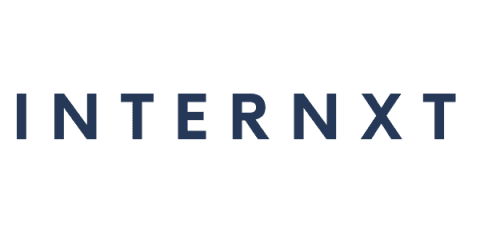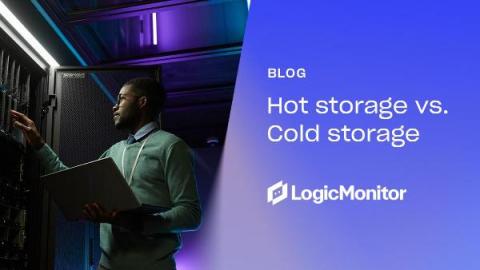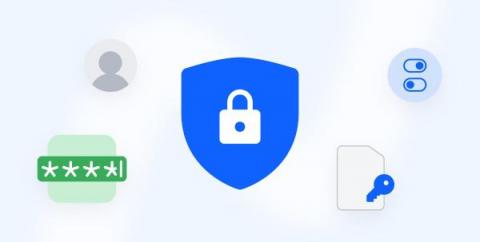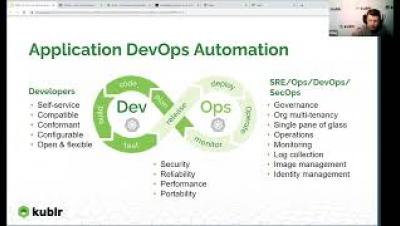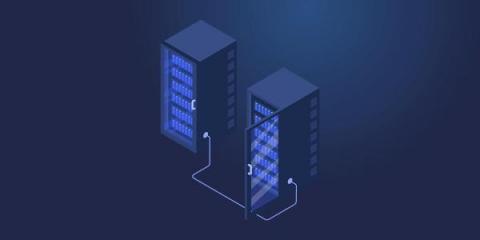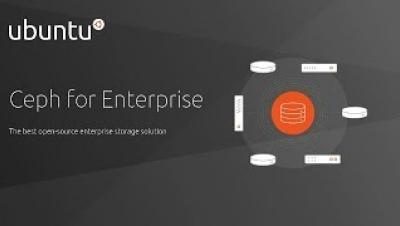Monitor your AWS Lambda functions' ephemeral storage usage
AWS Lambda is AWS’s solution for highly portable, serverless computing. With Lambda functions, you can deploy and run business logic code without managing the underlying servers. Today, AWS announced that Lambda customers can now provision up to 10 GB of ephemeral storage for each of their functions, making them well-suited for new, data-intensive workloads—including machine learning inference, large media file processing, financial analysis, and more.



